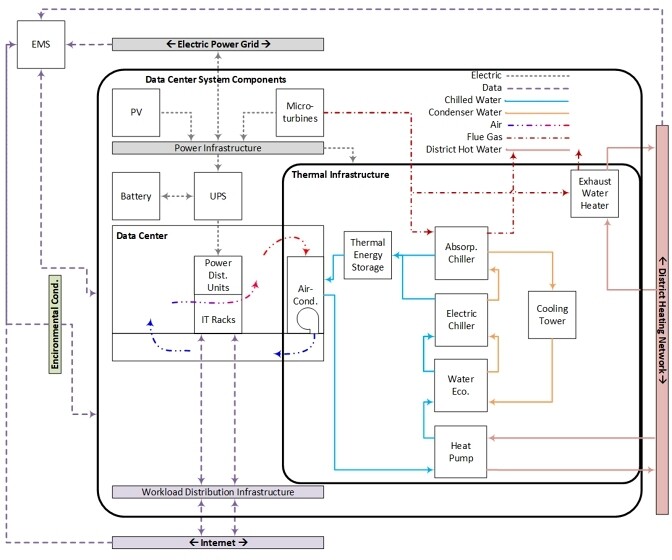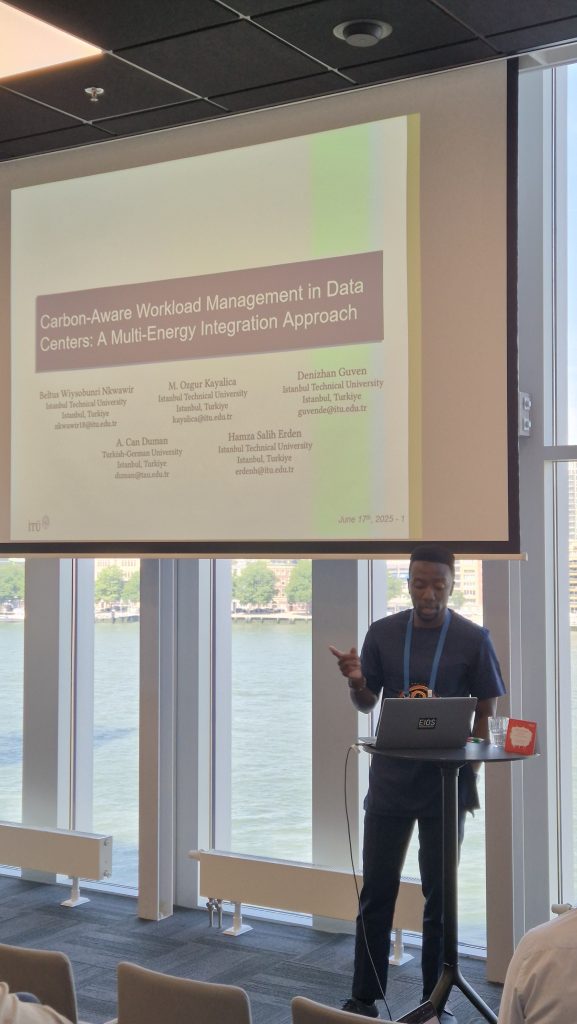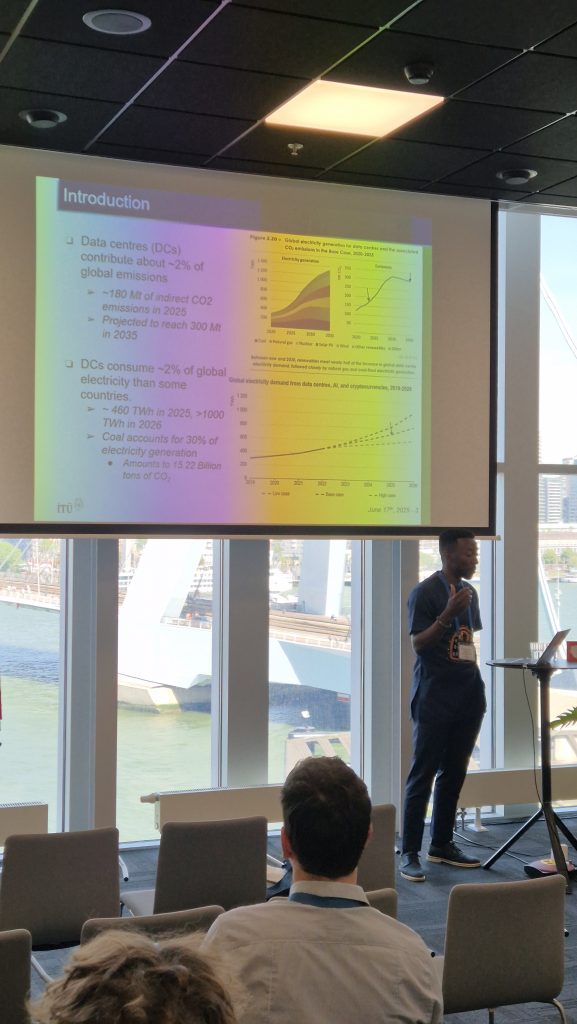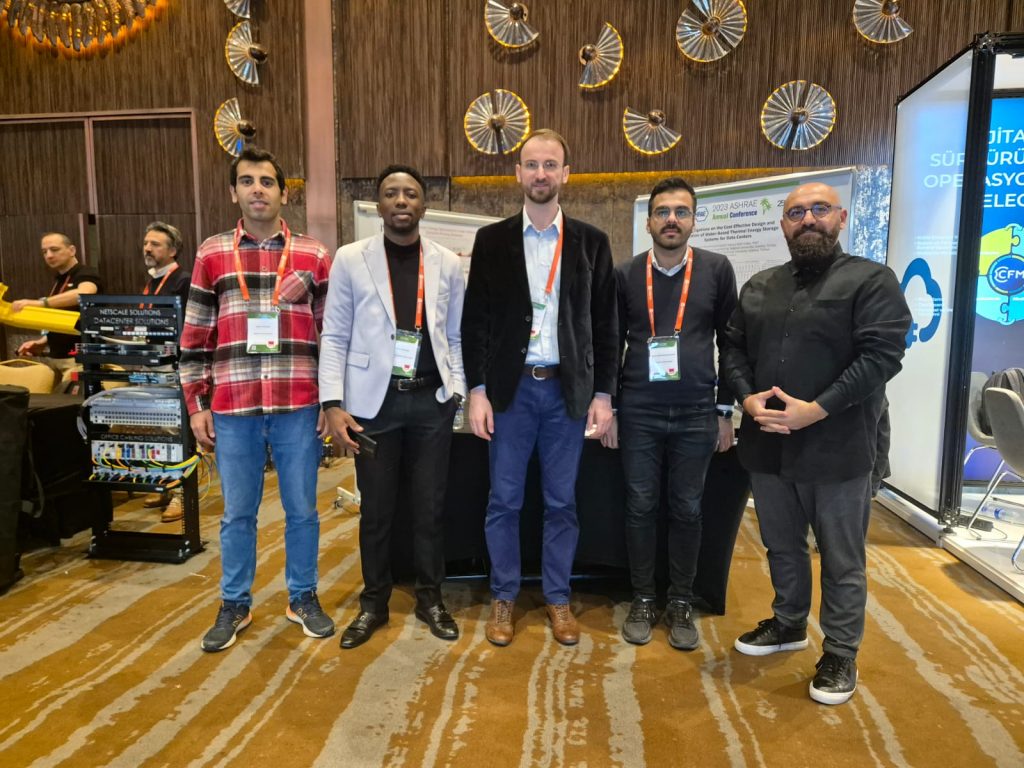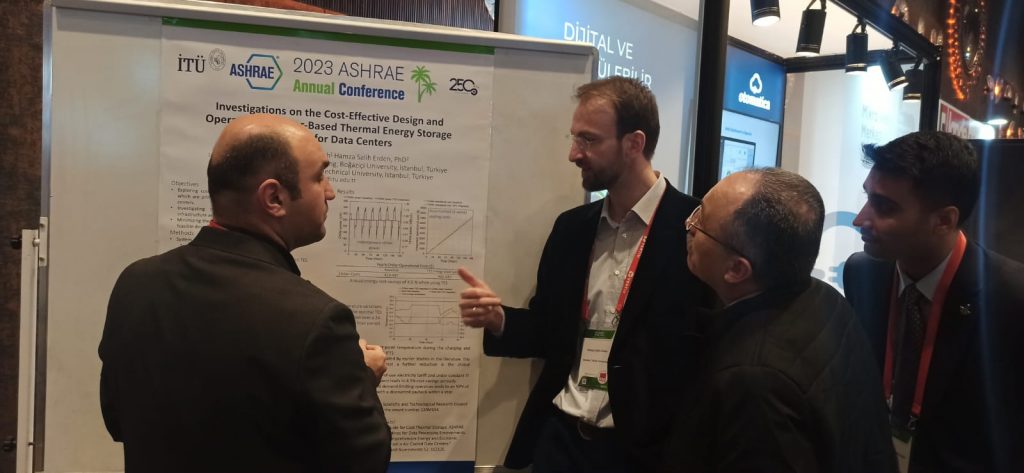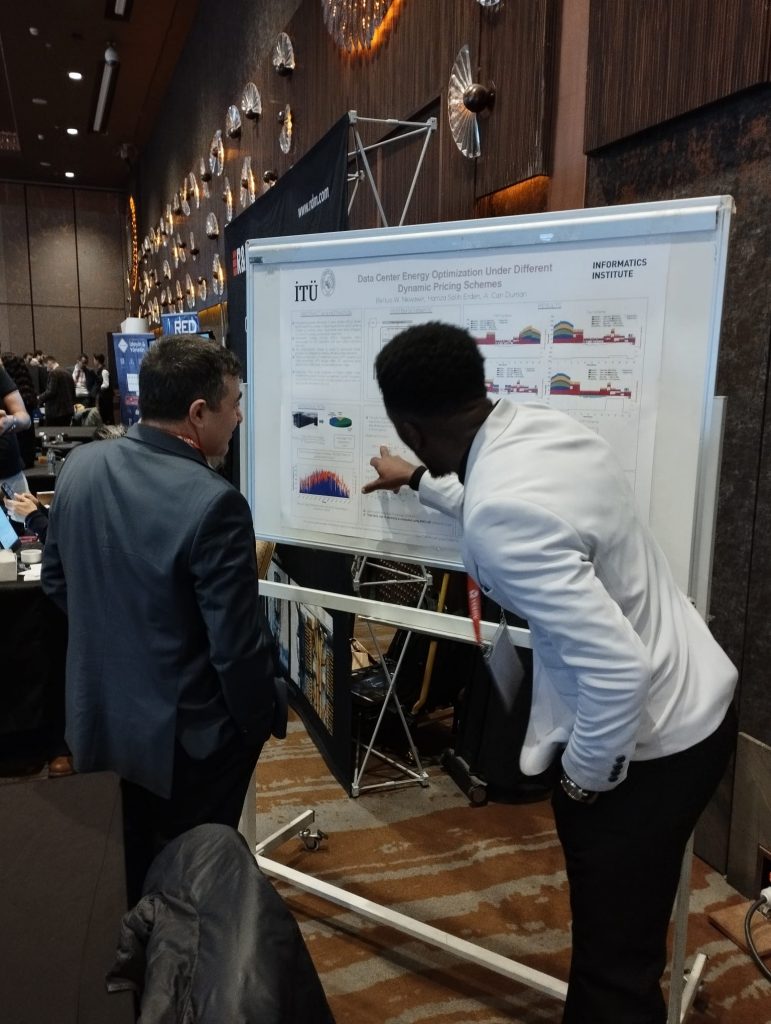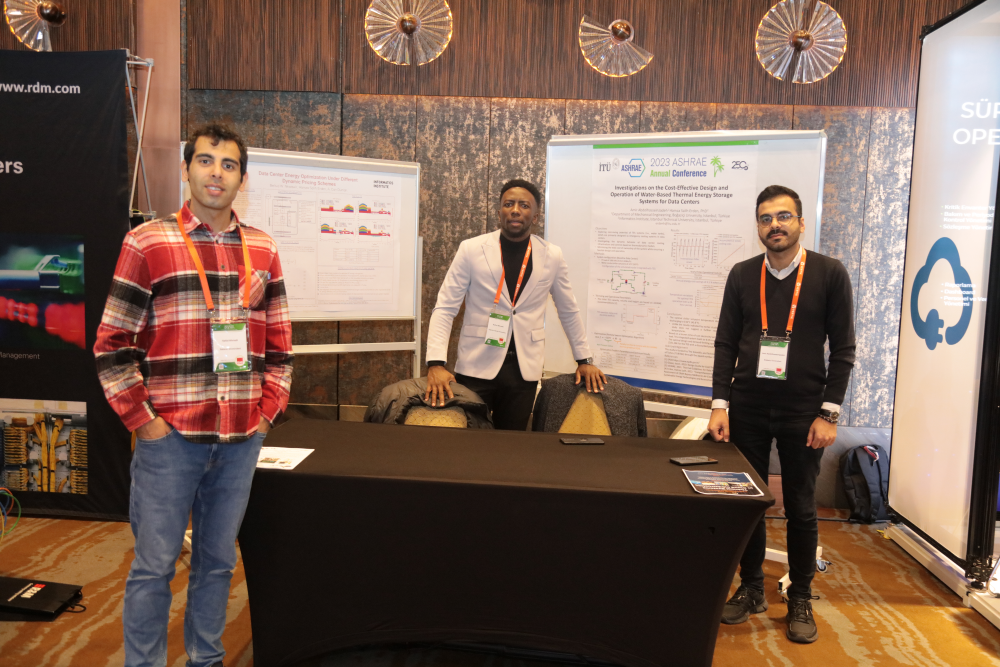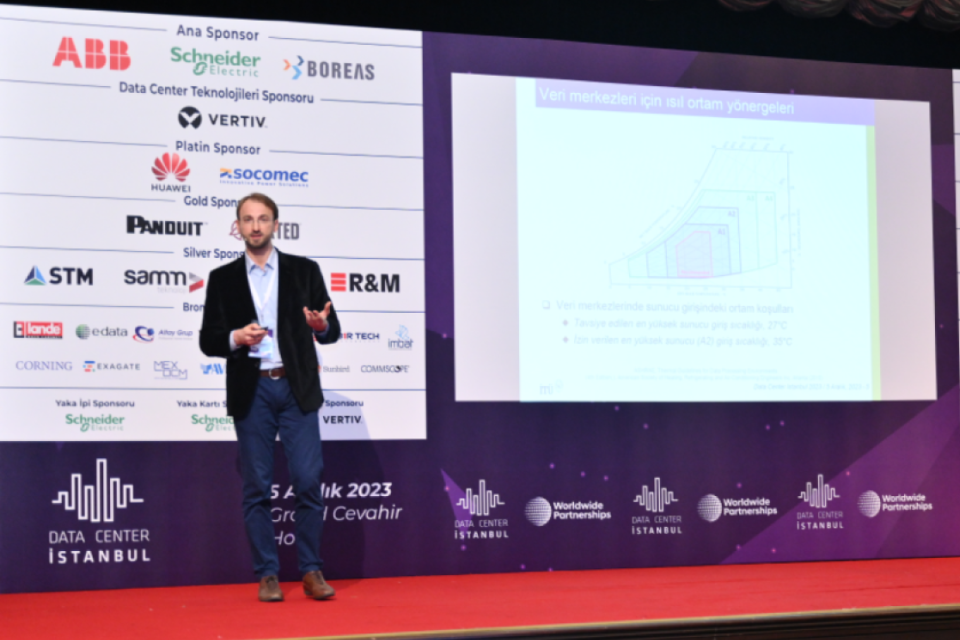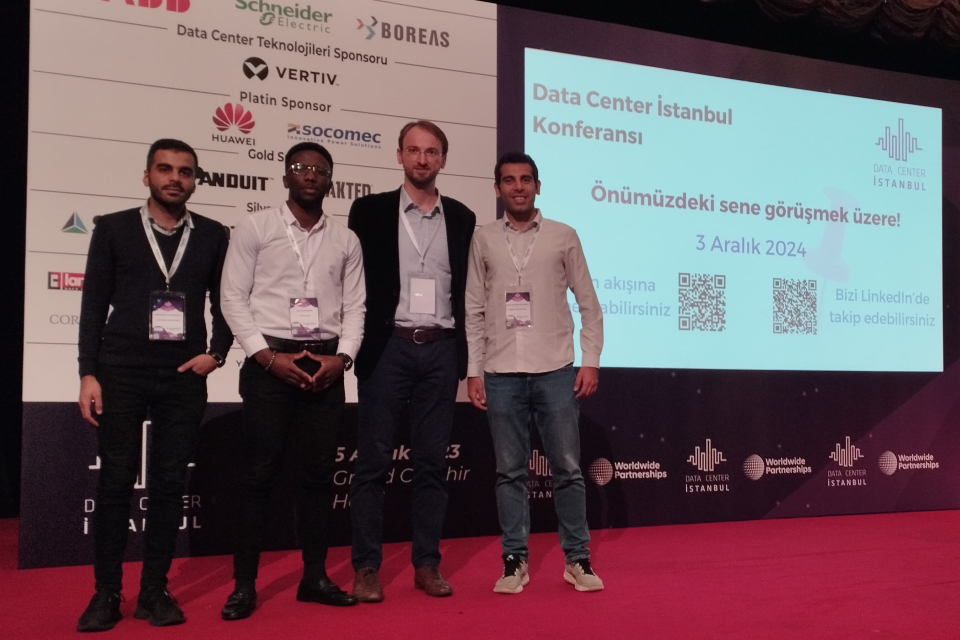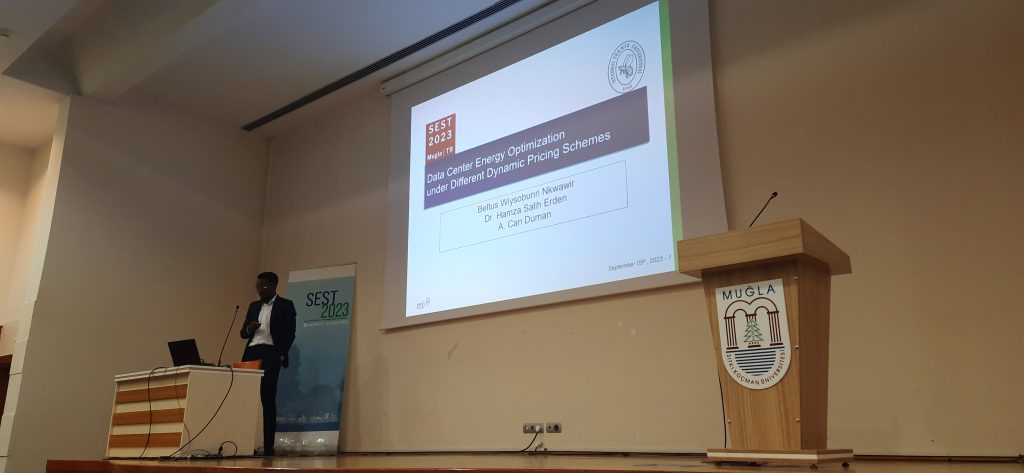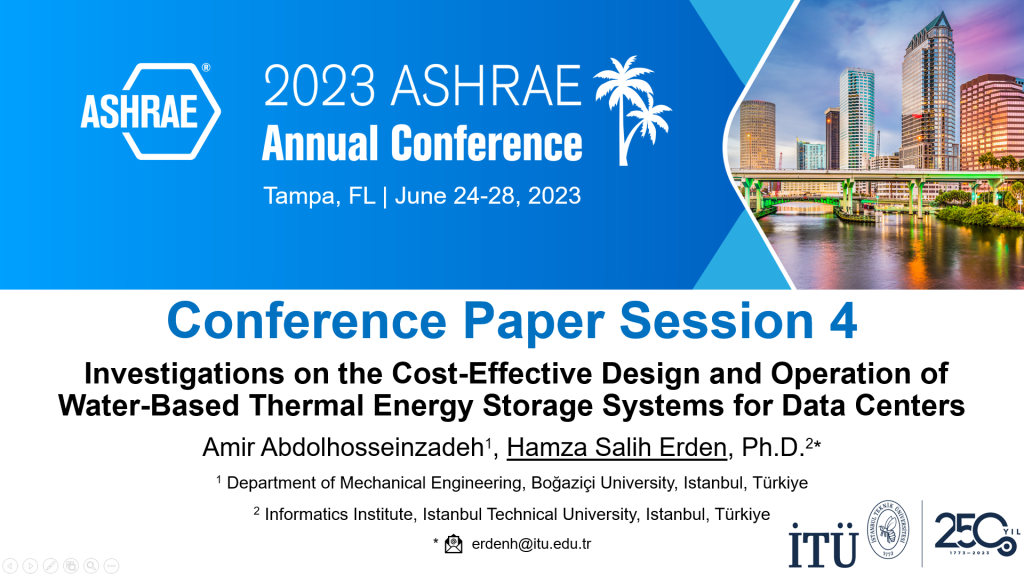National and international journal articles have been published recently in our group on the energy and economic assessments of computer room air handling (CRAH) bypass (BP) method for data centers.
The first article, titled “Comprehensive energy and economic assessment of CRAH bypass method in air-cooled data centers” is published in the Sustainable Energy Technologies and Assessments. The article provides a holistic optimization tool for various configurations of air-cooled data centers based on detailed thermodynamic modeling using hour-by-hour annual energy simulations. Despite the significant energy-saving potential of the CRAH BP method, economics plays a pivotal role in the feasibility of such an investment. The results include design considerations for the successful application of the CRAH BP method in air-cooled data centers.
The second article, titled “Energy and economic analysis of the bypass method for the computer room air conditioning units of a small data center“, published in the Journal of the Faculty of Engineering and Architecture of Gazi University is a national article published in Turkish. The article elaborates on the energy and economic analysis of the method for a small data center on campus, the National High-Performance Computing Center, exploring the feasibility of the application for the first time in an operational data center.
Both articles are funded by the financial support provided by the Scientific and Technological Research Council of Turkey (TUBITAK) as part of the project 118M238, titled “CFD Analysis and Economic Assessment of CRAH Bypass Method for the Cooling Optimization of Data Centers”.
Full citation records of the articles:
Erden, H. S., (2022). “Comprehensive energy and economic assessment of CRAH bypass method in air-cooled data centers”. Sustainable Energy Technologies and Assessments, Vol. 52B, 102120.
doi: 10.1016/j.seta.2022.102120
Erden, H. S. & Türkmen, İ., (2022). “Küçük bir veri merkezinin iklimlendirme ünitelerine yönelik baypas yönteminin enerji ve ekonomik analizi”. Gazi Üniversitesi Mühendislik Mimarlık Fakültesi Dergisi , 37 (4) , 1883-1898.
doi: 10.17341/gazimmfd.897270
